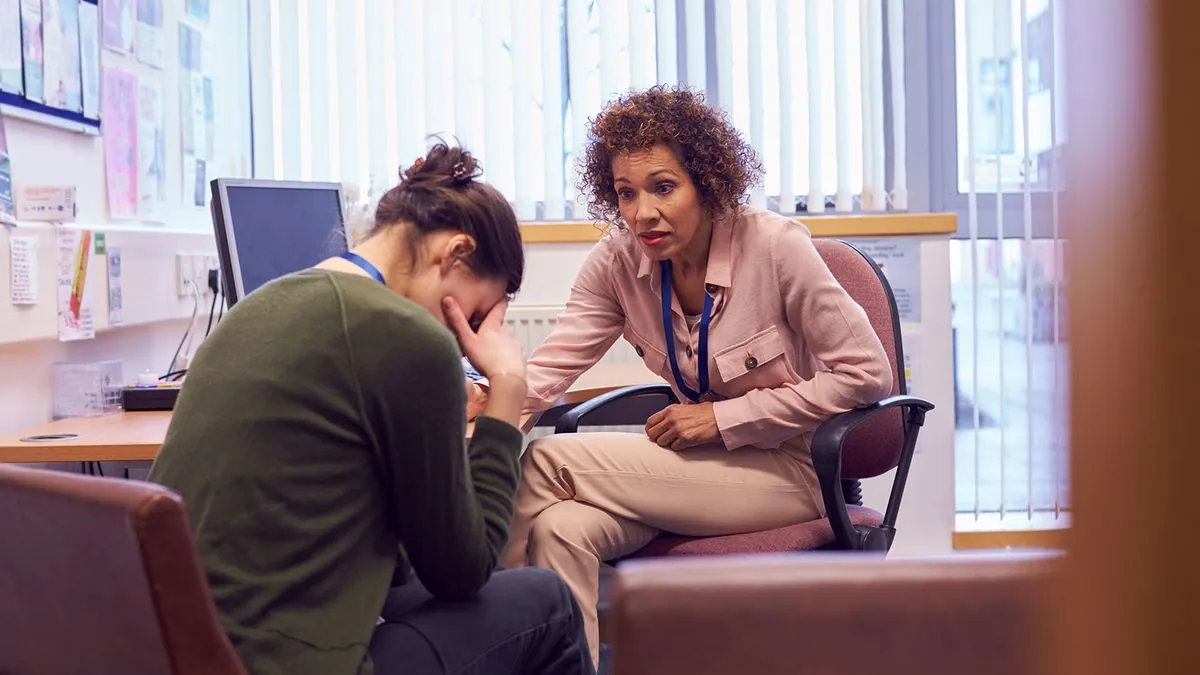On September 4, 2024, a tragic school shooting occurred in Winder, Georgia, resulting in the deaths of two students and two teachers, with nine others injured. This incident serves as a stark reminder of the ongoing issue of gun violence in American schools, a problem that has persisted since the first recorded school shooting in 1764 in Greencastle, Pennsylvania.
The impact of such events extends far beyond the immediate tragedy, affecting entire communities for years to come. Emilie Ney, director of professional development at the National Association of School Psychologists, emphasizes the importance of addressing these traumatic experiences with children:
"If they are not hearing about it from you as their parent, they will hear about it from their friends at school."
Experts recommend that parents and caregivers:
- Initiate conversations about the event
- Be patient and available for discussion
- Acknowledge that they may not have all the answers
- Tailor discussions to the child's developmental level
Crystal Garrant, chief program officer at Sandy Hook Promise, suggests that all adults in a child's life should be prepared to offer support. This organization, founded in 2013 following the Sandy Hook Elementary School shooting, works tirelessly to prevent mass shootings and suicides.
When addressing these sensitive topics with children, it's crucial to:
- Use age-appropriate language
- Explain safety concepts clearly
- Validate and acknowledge emotions
Beverly Warnock, executive director of the National Organization of Parents of Murdered Children, stresses the importance of emotional honesty:
"You need to get those feelings out and be honest. Don't try to squash the feelings or not talk about it. It's something that will be with you for the rest of your life."
It's important to note that grief is not a linear process. The Kübler-Ross model, introduced in 1969, outlines five stages of grief, but individuals may experience these stages in varying orders and intensities.
For those struggling to cope with the aftermath of mass shootings, resources are available. The National Disaster Distress Helpline, established in 2012, provides 24/7 support at 1-800-985-5990, with options for Spanish speakers and American Sign Language users.
As communities grapple with the aftermath of this latest tragedy, it's crucial to remember that healing takes time. The field of crisis counseling, which emerged in the 1940s, continues to evolve to meet the needs of those affected by such events. By fostering open communication, validating emotions, and seeking professional help when needed, families and communities can work together to navigate the challenging path forward.
